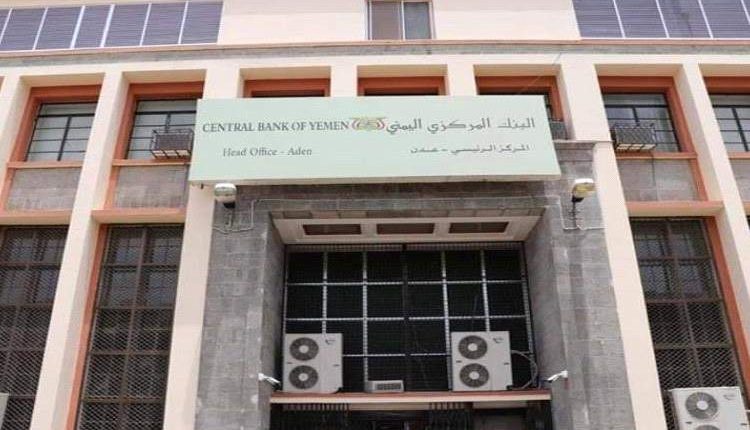SANAA, July 28 (YPA) – Informed sources at the central bank in Aden have revealed critical information about the causes of the catastrophic collapse of the local currency.
“The collapse of the currency resulted from a number of promises made by the Saudi side to the leadership of the government loyal to the Saudi-led coalition and the Central Bank of Yemen in Aden,” the sources said.
According to the sources, Riyadh has worked since October 2016 to persuade the leadership of the pro-coalition government and the Central Bank, headed by former governor Monaser Al-Qua’iti, of the need to address the crisis of lack of liquidity of the local currency by resorting to printing more riyal currency.
The sources added: “The Saudi side, through the ambassador of the Kingdom, Muhammad Al Jaber, and the Arab Bank, held a series of intensive meetings with the central bank in Aden and the government between October 2016 and November 2017, which came out with an agreement to print two trillion Yemeni riyals.”
For the Saudi side, it committed itself to extracting the approval of the International Monetary Fund and the World Bank, pledging that Riyadh would provide the necessary cover to ensure that the purchasing value of the Yemeni riyal does not deteriorate, as a result of the huge amount that will be printed, with the aim of helping the coalition government to fulfill its obligations and overcome the illiquidity crisis that was occurring at that stage, before the leadership of the Central Bank knew that the crisis of lack of local currency was fabricated by Saudi Arabia.
As soon as the first batch of local currency that was printed by the Russian company arrived, in August 2018, the Yemeni riyal began to deteriorate, which prompted the pro-coalition government to announce an increase in the salaries of employees by 30% under the pressure of the popular demonstrations that swept the cities of the southern provinces.
This was only a prelude to the successive collapse of the Yemeni riyal, during which Saudi Arabia played the most prominent role by making promises to the coalition government and the Central Bank of Yemen in Aden. Those promises were only verbal, during which Riyadh did not sign any agreements confirming its commitment to support Yemen in the crisis of the deterioration of the Yemeni riyal.
The sources confirmed that the coalition government led by Hadi, at the time, consciously or unconsciously entered into a state of confusion and loss of balance in managing the monetary inflation crisis of the local currency, which, in turn, represented the main factor in the catastrophe of the economic decline in the areas under its control, in addition to other factors, such as corruption, the Central Bank’s decision to float the currency issued in 2017 and the failure to supply the revenues of public sector institutions to the Central Bank.
This is not to mention the huge burdens resulting from the commitments of the pro-coalition government to provide salaries to more than two million recruits, most of whom are in fact fake names, in addition to the huge expenditures by the government, which are not commensurate with its financial position.
Under the influence of a number of intertwined pressures, the leadership of the pro-coalition government found no choice but to issue new memorandums to demand the printing of more local currency. This was happening in consultation with Saudi Arabia as the leader of the coalition, during which Riyadh did not skimp on encouragement and reassurances.
The sources pointed out that the country has moved from a problem of lack of liquidity to a currency surplus disaster.
According to the estimates of the Central Bank of Yemen, the Yemeni riyal lost more than 500% of its value in Aden and the rest of the coalition-controlled provinces, and prices rose as a result and citizens became unable to meet their basic demands.
The disaster of the local currency collapse and the accompanying comprehensive economic collapse does not appear to be resolvable in the near future, especially given the coalition’s deliberate reservation about the factors of collapse, which leads to losing hope of any improvement.
YPA


